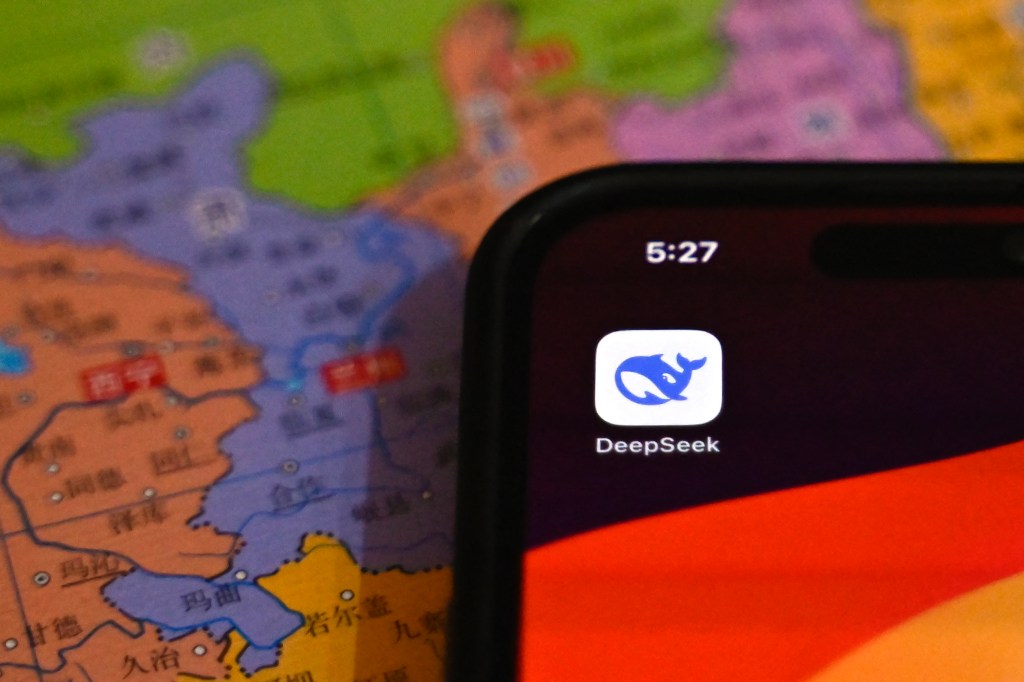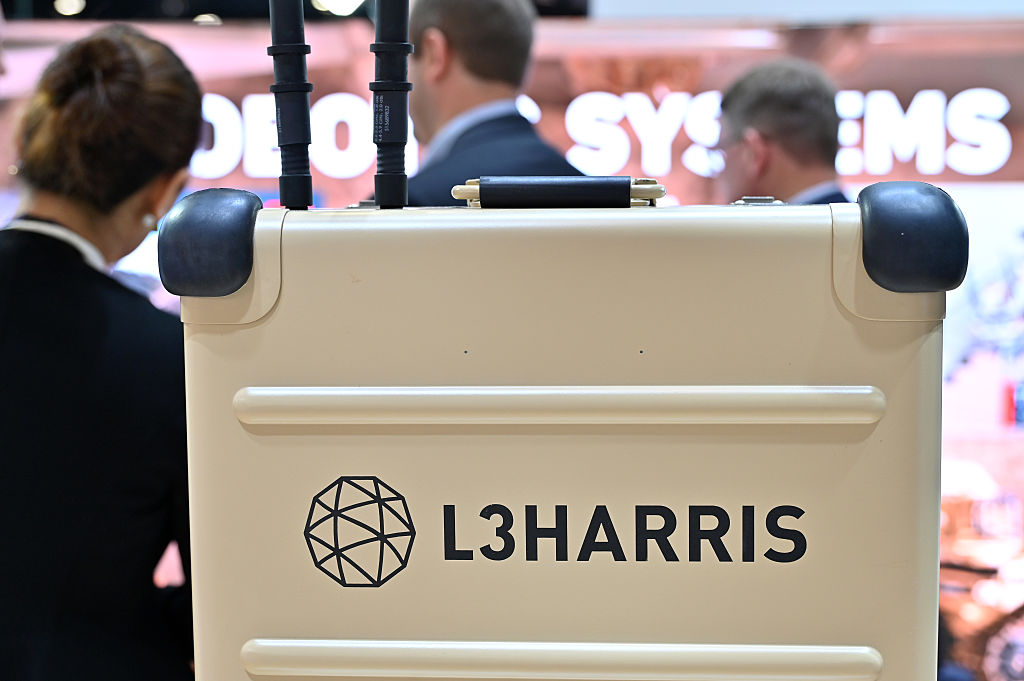Germany’s data protection commissioner, Meike Kamp, has formally requested that Apple and Google remove the Chinese-developed AI application, DeepSeek, from their respective app stores within the country. This action stems from concerns that DeepSeek is unlawfully transferring German users’ personal data to China, potentially violating the European Union’s stringent data protection regulations.
DeepSeek, launched in January 2025, quickly gained global attention by offering an AI model comparable to OpenAI’s ChatGPT but at a significantly reduced cost. Its rapid ascent in the AI landscape has been accompanied by increasing scrutiny regarding its data handling practices.
According to DeepSeek’s privacy policy, the application stores various personal data, including user interactions and uploaded files, on servers located in China. This practice has raised alarms among data protection authorities, given the expansive access rights Chinese authorities have to data within their jurisdiction.
Commissioner Kamp emphasized that DeepSeek has not provided sufficient evidence to demonstrate that German users’ data is protected in China to a level equivalent to that mandated by the European Union. She highlighted the extensive access rights Chinese authorities possess over personal data managed by Chinese companies, further intensifying concerns about potential misuse or unauthorized access.
In May 2025, the Berlin data protection office requested that DeepSeek either comply with EU data transfer requirements or voluntarily withdraw its application from the German market. The company did not respond to this request, prompting the current appeal to Apple and Google to remove the app from their platforms.
This move by Germany aligns with actions taken by other nations. Italy previously blocked DeepSeek from its app stores, citing insufficient information on the app’s use of personal data. Similarly, the Netherlands has prohibited the app on government devices due to comparable concerns. In the United States, lawmakers are considering legislation that would ban executive agencies from utilizing AI models developed in China, reflecting a broader apprehension about data security and national security implications.
The situation underscores the growing tension between technological innovation and data privacy. As AI applications become more integrated into daily life, ensuring that they adhere to established data protection standards becomes paramount. The outcome of Germany’s request may set a precedent for how other countries address similar concerns, potentially influencing the global availability and regulation of AI technologies.
Apple and Google have yet to publicly respond to the commissioner’s request. The tech industry and users alike are closely monitoring the situation, as its resolution could have significant implications for the availability and regulation of AI applications worldwide.



